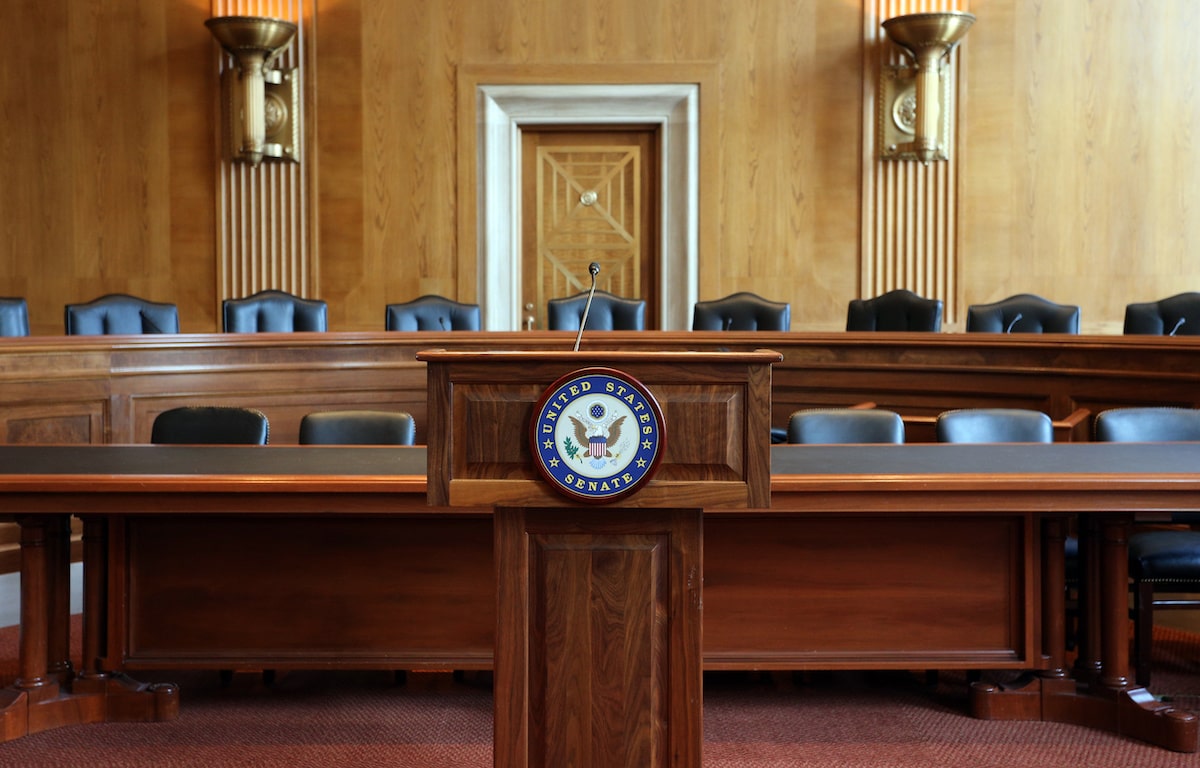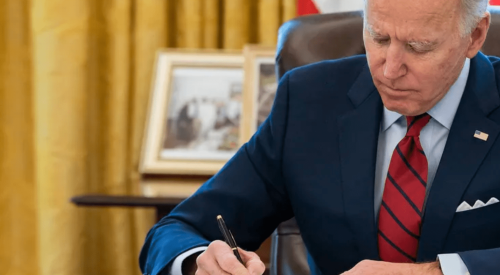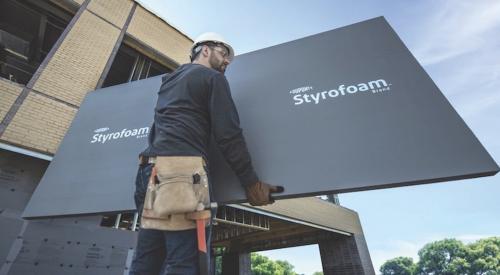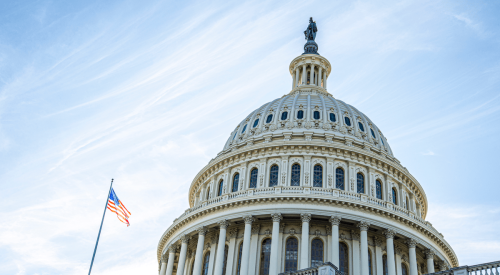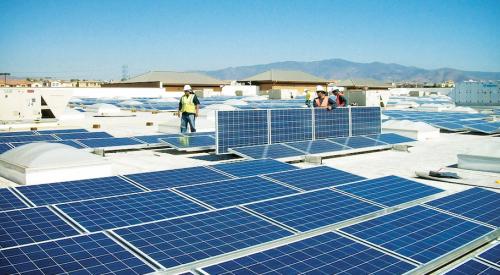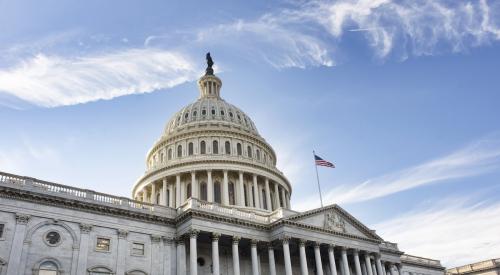Senate Majority Leader Chuck Schumer (D-N.Y.) and Sen. Joe Manchin (D-W.V.) recently introduced a bill that addresses health care and climate change and, if passed, would raise taxes on large corporations and reduce the federal debt, the National Association of Home Builders (NAHB) reports. The bill will allocate $837 million to U.S. Department of Housing and Urban Development (HUD) to improve energy efficiency, water efficiency, and climate resilience of affordable housing through loans and direct grants, a step forward for sustainable building, but only if the program includes zero-energy targets that are also cost-effective for the jurisdictions where they will be introduced.
According to NAHB, grant programs that promote the 2021 edition of the International Energy Conservation Code (IECC) largely exacerbate an affordability crisis by limiting energy choices for consumers. The bill also includes a number of tax provisions that will incentivize energy efficient construction and retrofits. The Senate could vote on the Manchin-Schumer deal as early as next week, followed by a House vote later this month, but Republicans in both chambers are expected to oppose the legislation.
While NAHB supports the adoption of cost-effective, modern energy codes, we oppose these grant programs as they lack flexibility and consideration of overall performance to account for local conditions when adopting the 2021 edition of the International Energy Conservation Code (IECC). $1 billion will be made available to state and local governments to adopt advanced energy codes.
